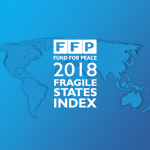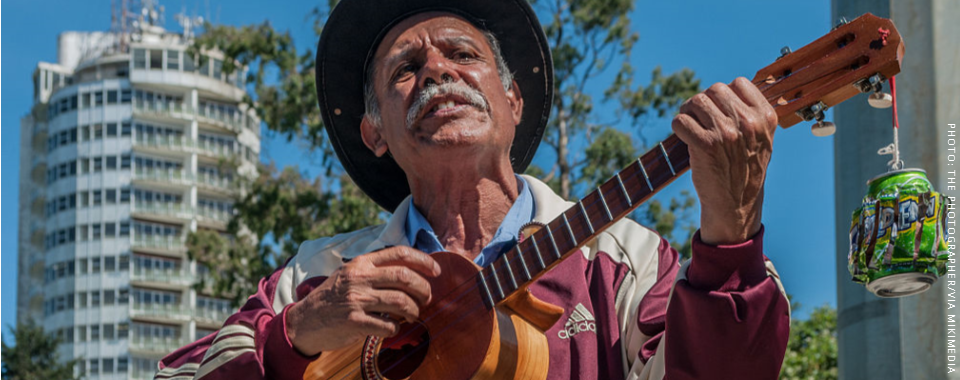BY NATALIE FIERTZ When the famed Chilean author, Isabel Allende, had to leave her native country in the wake of the military coup against leftist president Salvador Allende in 1973, she and her family fled to the safety and stability of Venezuela, then a beacon among the tumult of Latin America. In a recent interview, […]
Tag Archives: Venezuela
Scraping the Barrel: Oil-Dependent Venezuela in Free-Fall
- Friday, 27 April 2018 15:53

When the 14-year rule of the populist President Hugo Chávez came to an end upon his death in 2013, Venezuela was already well down the path to instability. Chávez’s death made way for his handpicked successor Nicolás Maduro who, in stark contrast to Chávez’s cult of personality, many Venezuelans have come to fear and loathe.
The Venezuelan economy – which remains heavily reliant on oil exports – was hit sharply by the drop in global crude oil prices in 2013. Without the same capital to line the public coffers for popular social programs, this exposed the vulnerabilities in the Chávez-era economic policies and set the country on a path towards increased unemployment, poverty and inflation. More focused on consolidating executive power than meaningful reform, President Maduro has pushed Venezuela into a dangerously precarious position – from rampant inflation fueled by food and medical shortages, to increased violence and criminal impunity on the streets.
Fragile States Index 2018: Issues of Fragility Touch the World’s Richest and Most Developed Countries in 2018
- Thursday, 19 April 2018 05:15

BY J.J. MESSNER It certainly felt like a tumultuous year in 2017. As the wars in Syria and Yemen ratcheted up in intensity, Qatar was suddenly politically, economically and physically isolated from its neighbors, Catalonia moved forward on its attempts to separate from Spain, Venezuela fell further into chaos, the United Kingdom continued to struggle […]
